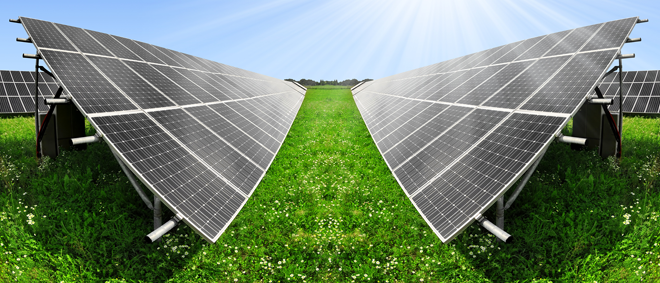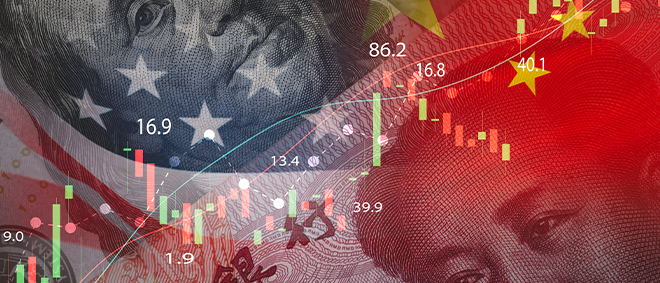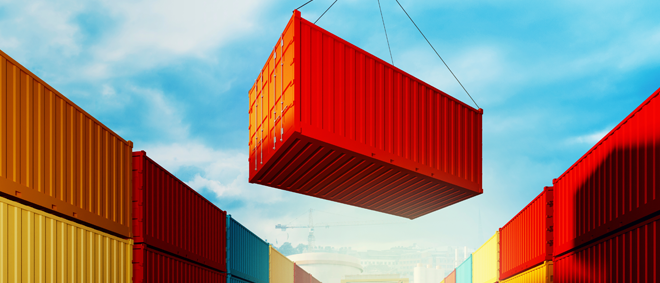Key Takeaways
- Advanced Computing and Supercomputing ECCNs are expanded.
- Controls applied to exports to countries other thanChina; countries from where items may be reexported to China.
- Chipmaking equipment controls are expanded and the de minimis rule reduced.
- New entities are added to the U.S. Entity List with the Footnote 4 (FN4) FDPR designation.
- More U.S.-person activity is controlled.











